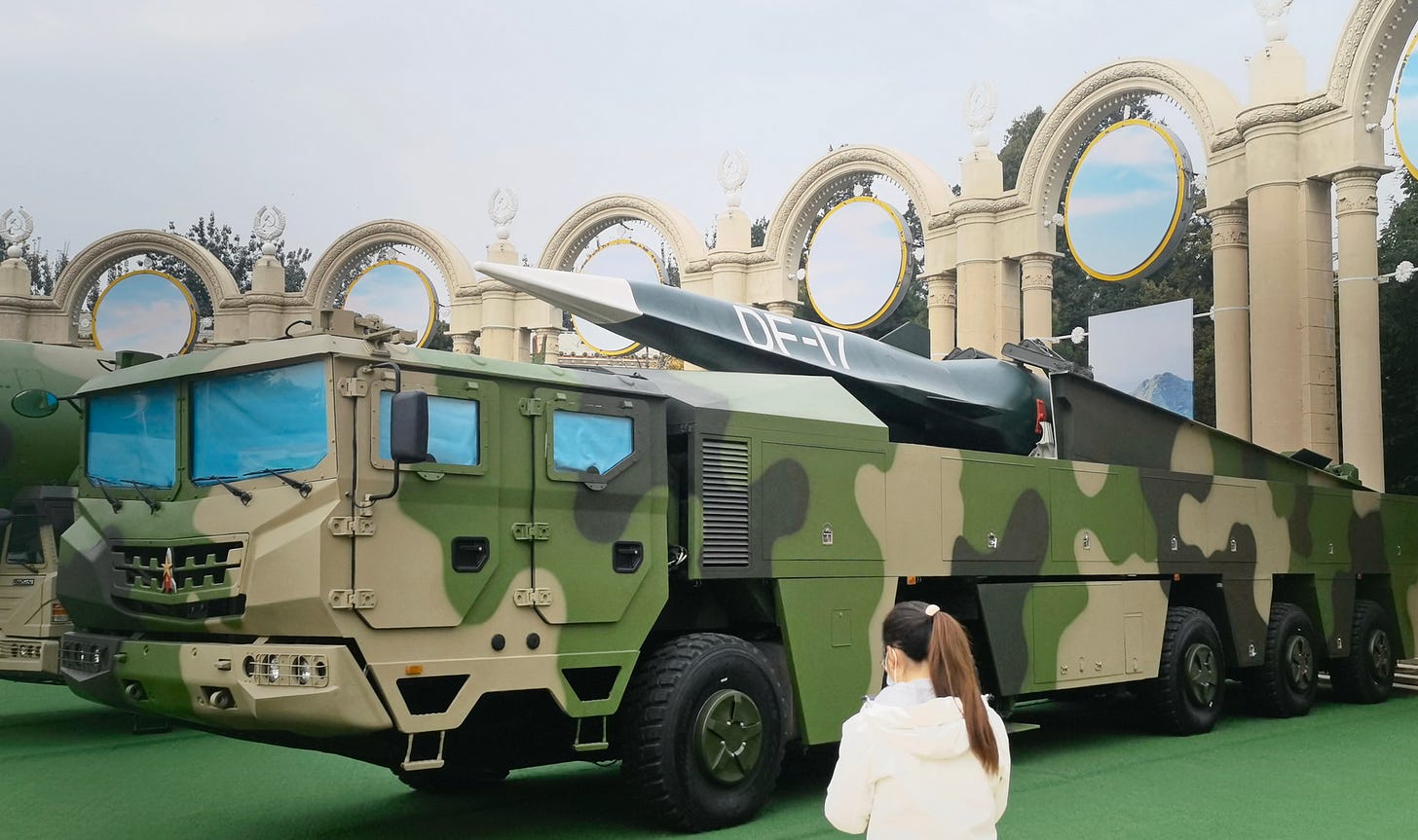By Gilbert Doctorow, Website, 10/31/24
During the period of the Wagner Group insurrection in the spring of 2023, the biography of the mercenary group’s founder and principal owner, Yevgeny Prigozhin, was spread far and wide. The fact that he had once served meals to Vladimir Putin prompted sniggering among our mainstream commentators. Just imagine that such a person could rise to the power, influence and wealth of Prigozhin! This was proof positive of the endemic corruption and distorted values of the ‘Putin regime,’ they opined.
However, my point in writing today’s installment is to demonstrate that upward mobility of those with great talent and imagination has long been and remains a competitive advantage of Russia. That was so under Peter the Great in the first quarter of the 18th century, it was certainly true in much of the Soviet period until the 1980s. And it revived very nicely in the ‘Roaring 90s’ when the hero of this piece, Sergei Gutzeit, restaurateur, vineyard owner, restorer of landmark buildings at his own expense, founder and chief benefactor of a lyҫėe for aspiring talents from the lower classes began his steep rise up the success ladder in the circle of another rising star, Vladimir Putin.
All of these issues came to mind this afternoon when my wife and I took lunch in Gutzeit’s first and still best earning restaurant Podvorye located in the Petersburg suburb of Pavlovsk where he has kept his primary residence and focus of his charitable works for decades.
Pavlovsk is named for the Emperor Pavel (Paul I), son of Catherine the Great and father of Emperor Alexander I, best known as the conqueror of Napoleon. Paul’s elegant and modestly sized palace is a ‘must see’ tourist destination for both foreign and domestic visitors to Northwest Russia, alongside the much larger and more demanding Summer Palace of Catherine in the town of Pushkin (formerly Tsarskoye Selo), 5 km away.
However, the success of Gutzeit’s restaurant opposite the palace park had little to do with location, location, location. Gutzeit opened the Podvorye in 1994 on an unpromising plot of land that the grudging city authorities offered him. It is wedged between the train tracks on one side and a busy local highway on the other. It was his unique architectural solution and his talents in hospitality services that won him a loyal clientele from among the top business and political circles of Petersburg after a very few years.
As for architecture, the Podvorye restaurant and the ensemble of outbuildings adjacent to it are made from immense stripped logs in a style that resembles the stage settings for 17th century or still earlier Russia as shown in Rimsky Korsakov operas in the Mariinsky Theater. The basic menu was built entirely around traditional hearty Russian cuisine that is very well turned out, in copious portions and priced very fairly. And on weekends it was the rule to regale diners with rounds of Russian folk songs by musicians who invited the children especially to join in.
Gutzeit’s fortune was assured in October 2000 when Vladimir Putin decided to celebrate his first birthday as president in…the Podvorye. The specially prepared meal for the presidential party remains on page one of the printed menu and is currently priced at 55 euros in ruble equivalency. In typical Russian fashion, the meal opens with a shock and awe array of eight different meat, fish, salted vegetable, marinated forest mushroom and other appetizers which invite rounds of vodka shot glasses, then moves on to a fish or meat soup followed by the mains of fried fish or meat. Fasting for a day ahead of such a meal is a good idea.
On the other hand, for normal dining, the out of pocket cost is much lower. By way of example, I mention that our favorite dish is half a roast duck served with stewed cabbage and a baked pear with lingonberry filling. One portion is more than sufficient to serve two and today costs the equivalent of 12 euros. Back in the 1990s, when Russian farming was reeling from the shock therapy administered at the advice of Western advisers, Gutzeit had to import his ducks frozen from France to be satisfied with quality and uniform portions. Then when relations with France soured, he shifted to frozen ducks from Hungary. Now chef assures me that they arrive fresh from farms in Rostov (Russia) and I assure you that the quality is superb.
But, to resume my story of Gutzeit’s rise: once word of the President’s visit got around, the Podvorye was filled daily to capacity. Back in the 1990s and early in the new century, the diners were predominantly foreigners whose reservations were made for them by the premiere hotels in St Petersburg where they were lodged. I recall how in about 2004 my wife and I spotted former British prime minister John Major at another table.
Those were the glory days when Gutzeit made a fortune that he immediately invested in other commercial ventures and also in charitable works, the first of which, was a free of charge soup kitchen for the poor run daily from a large, specially built canteen adjacent to the restaurant.
Nowadays the clientele is almost exclusively middle class Russians from near and far. They arrive as couples, as families with kids, and as groups of friends.
Aside from opening other restaurants in the region, Gutzeit created the ‘Russian Village’ in Upper Mandrogi, a Russian equivalent to America’s Williamsburg on a riverbank site jointly agreed with tour operators of cruises in the rivers and canals running north from Lake Ladoga that are very popular in the summer season. This venture provided work opportunities to artisans in traditional decorative handicrafts.
With the proceeds of his businesses, with his own money Gutzeit undertook the restoration of dilapidated buildings from the late eighteenth, early nineteenth centuries in the Pavlovsk area. In one of these complexes he opened what I would call his most ambitious and far-sighted project which was inspired by the lyҫėe within the Catherine Palace which Alexander I created initially with a view to educate his younger brothers together with a small group of talented students from outside the royal entourage. Today it is best known as the school where the young Pushkin studied. Gutzeit’s vision was to help create a new patriotic but broadly educated and widely traveled elite to help guide the country’s future.
The school was named for Russia’s revered Foreign Minister in the second half of the 19th century, A.M. Gorchakov. Gutzeit directly oversaw the selection of the 18 candidates for the first class and following classes from among children of low income intelligentsia families. He oversaw the program of travel abroad in the West and domestically around Russia that the students were given gratis. The school is still going strong and I expect to hear more about its graduates when I meet with Gutzeit at the start of next week.
In reviving the tradition of what was called in Pushkin’s time the Tsarskoye Selo lyҫėe, Gutzeit was a good 20 years ahead of the Putin government. It is only now that a project to revive that school in the original Catherine Palace complex is being realized.
Meanwhile, Gutzeit never abandoned the love for fresh produce that directed him to cooking and restaurant ownership. Originally born and educated in Odessa (Ukraine), Gutzeit got his start in business in the food markets of the north where he traded in vegetables. The latter partly explains his decision early in the new millennium to buy a farming estate in the Crimea. His main crop there is grapes for wine, and he began well before it became popular for Russian arbiters of taste like Dmitry Kiselyov, director of all Russian state television news, to become a vineyard owner in Crimea. Gutzeit indulges in his gentleman farmer avocation in the south from late spring to autumn.
His most recent acquisition, agricultural land near the regional center Gatchina, brings together various interests. The location has its own logic: Paul 1 had his earliest palace in precisely Gatchina. On this farm, Gutzeit is now growing most of the fresh vegetables, herbs, fowl and dairy products that will be featured in Podvorye. With this latest accent on cooking mainly what you get from your surroundings and can personally control, Gutzeit’s restaurant is sure to vie for a star in the Michelin guide if and when sanctions are lifted.
That, in a nutshell, is my Exhibit Number 1 of a successful and wealthy benefactor of his society with outstanding vision who began, like Prigozhin, as ‘a waiter to Putin.’ When you care to scratch the surface, this country has a great many surprises that help you to better understand why it is now the fourth biggest economy in the world as measured by Purchasing Power Equivalency and likely has the number one army in the world.



